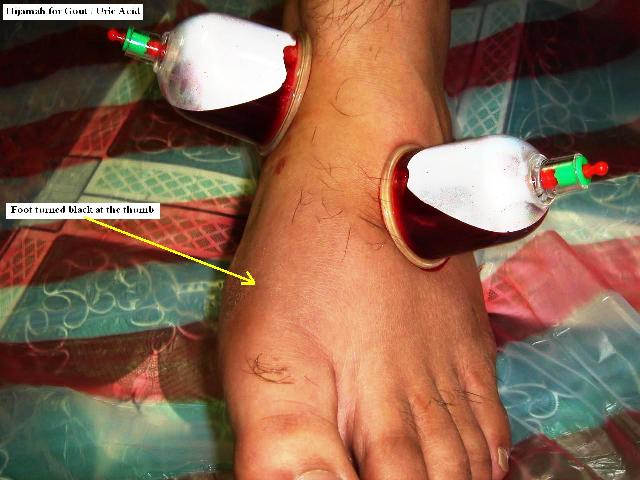وَيَقُولُ الَّذِينَ كَفَرُواْ لَسْتَ مُرْسَلاً قُلْ كَفَى بِاللَّهِ شَهِيداً بَيْنِي وَبَيْنَكُمْ وَمَنْ عِندَهُ عِلْمُ الْكِتَابِ
Plantar Fasciitis & Heel Spur
Plantar fascia is a thick fibrous band of connective tissue originating on the bottom surface of the heel bone and extending along the sole of the foot towards the five toes. Plantar fasciitis is the inflammation (irritation and swelling with presence of extra immune cells) of the plantar fascia that can cause heel pain and make walking difficult. Some risk factors for the development of this problem include foot arch problems, obesity, sudden weight gain, running and a tight Achilles tendon. The pain is usually felt on the underside of the heel and is often most intense with the first steps of the day. Another symptom is that the sufferer has difficulty bending the foot so that the toes are brought toward the shin. A symptom commonly recognized among sufferers of plantar fasciitis is increased probability of knee pains. Surgery for Plantar Fasciitis carries the risk of nerve injury, infection, rupture of the plantar fascia, and failure to improve the pain. Traditional surgical procedures, such as plantar fascia release, are a last resort, and often lead to further complications.
A heel spur develops as an abnormal growth of the heel bone. Calcium deposits form when the plantar fascia pulls away from the heel area, causing a bony protrusion, or heel spur to develop. Plantar fasciitis (as explained above) is the inflammation (irritation and swelling with presence of extra immune cells) of the plantar fascia that can cause heel pain and make walking difficult.
Loosing weight, avoiding dairy products & wearing shoes that have a cushioned heel that absorbs shock will help Insha'Allah.
Formula T19 is the best to reduce inflammation. And regarding Hijamah, please read the article Plantar fasciitis.
Never decide for surgery so quickly, T19 & Hijamah can bring relief for the patient Insha'Allah.

